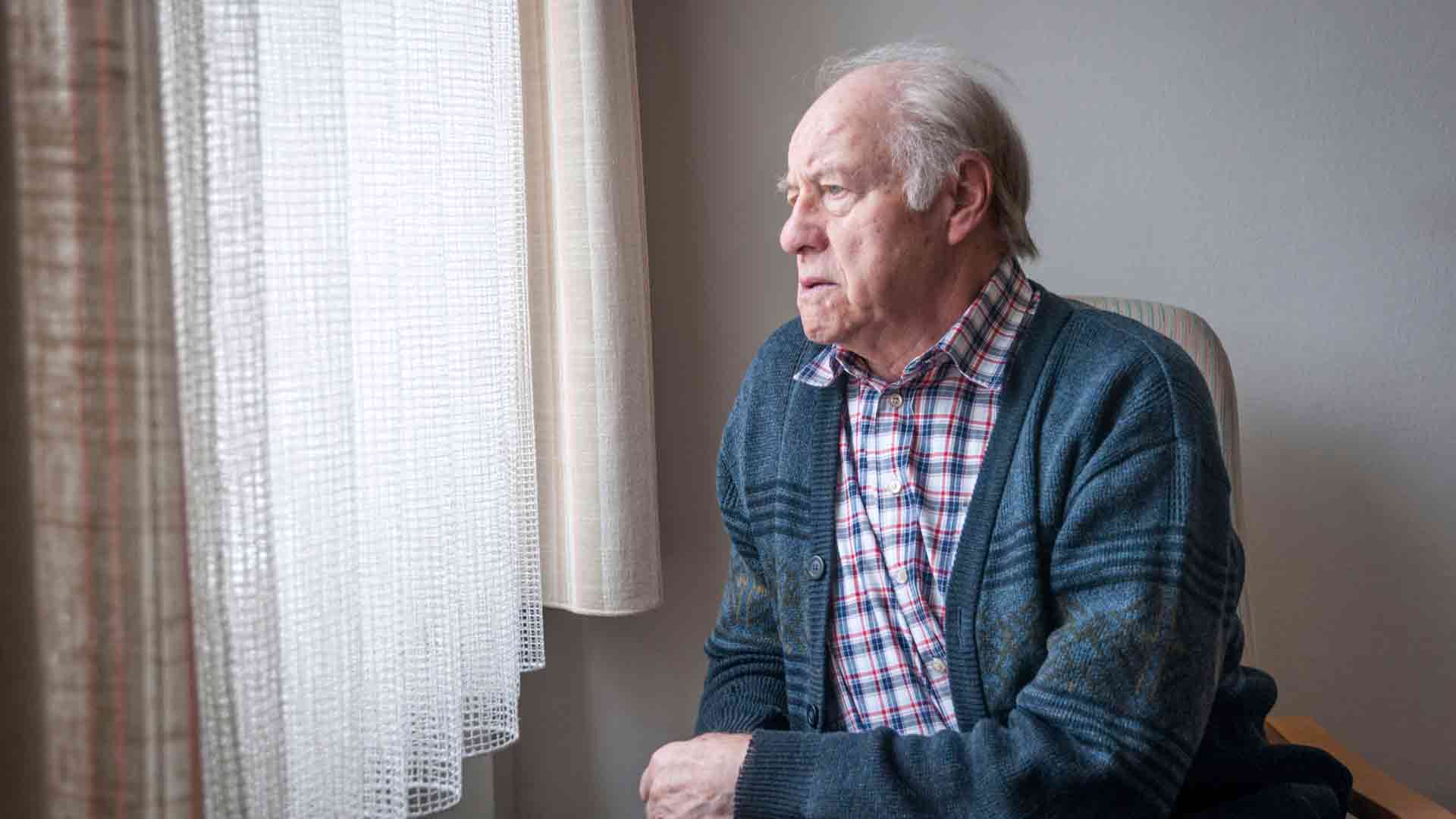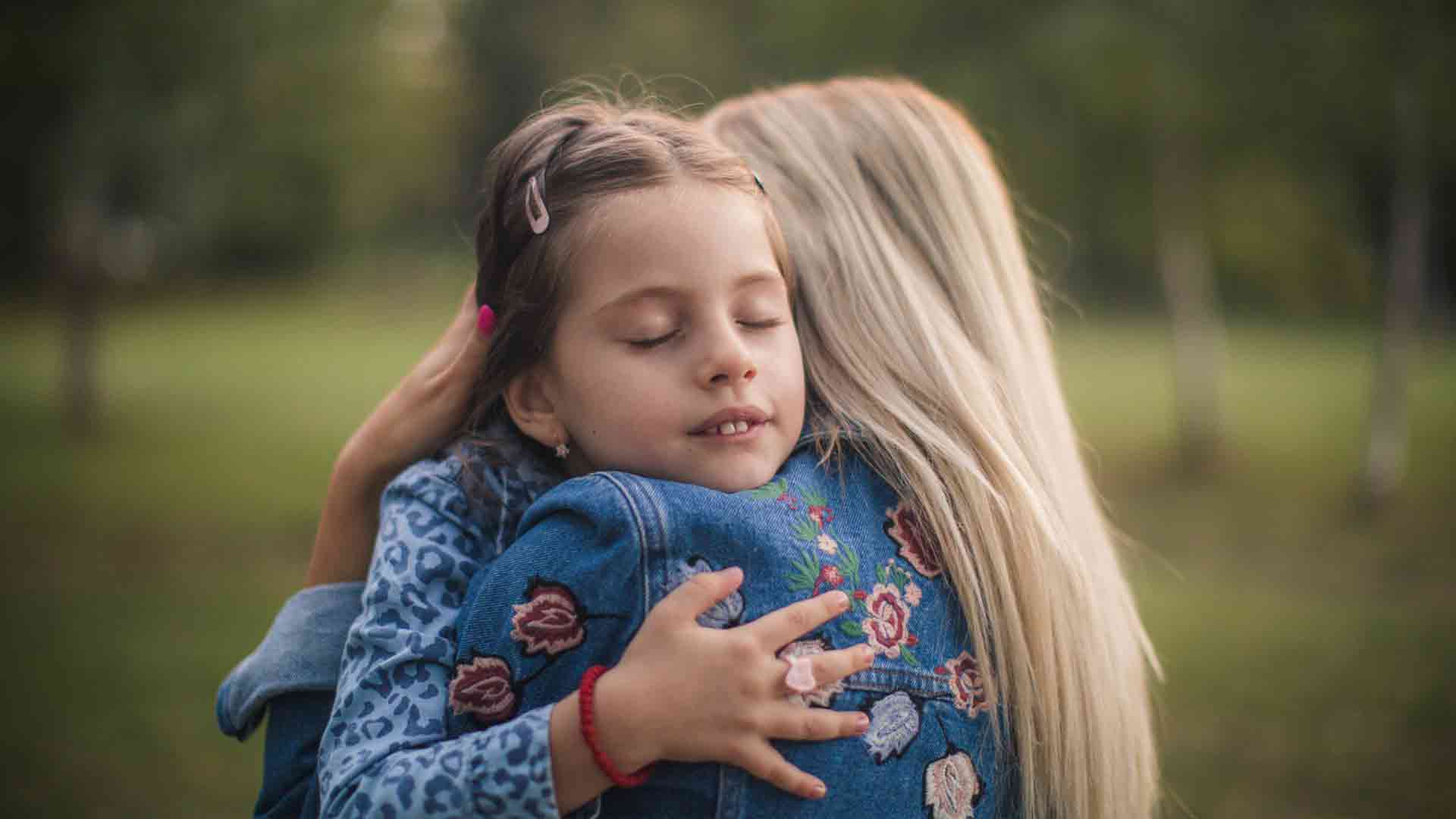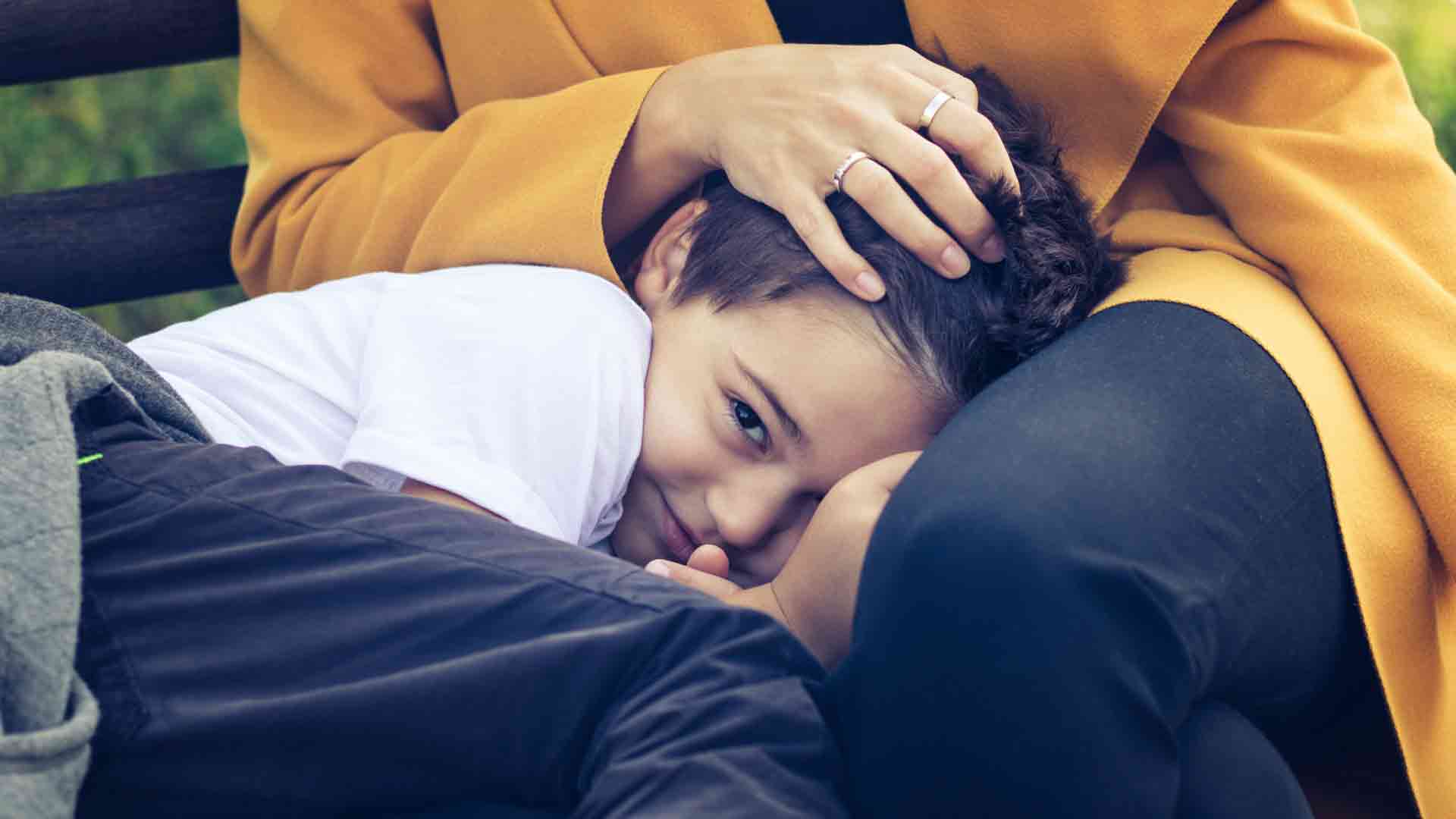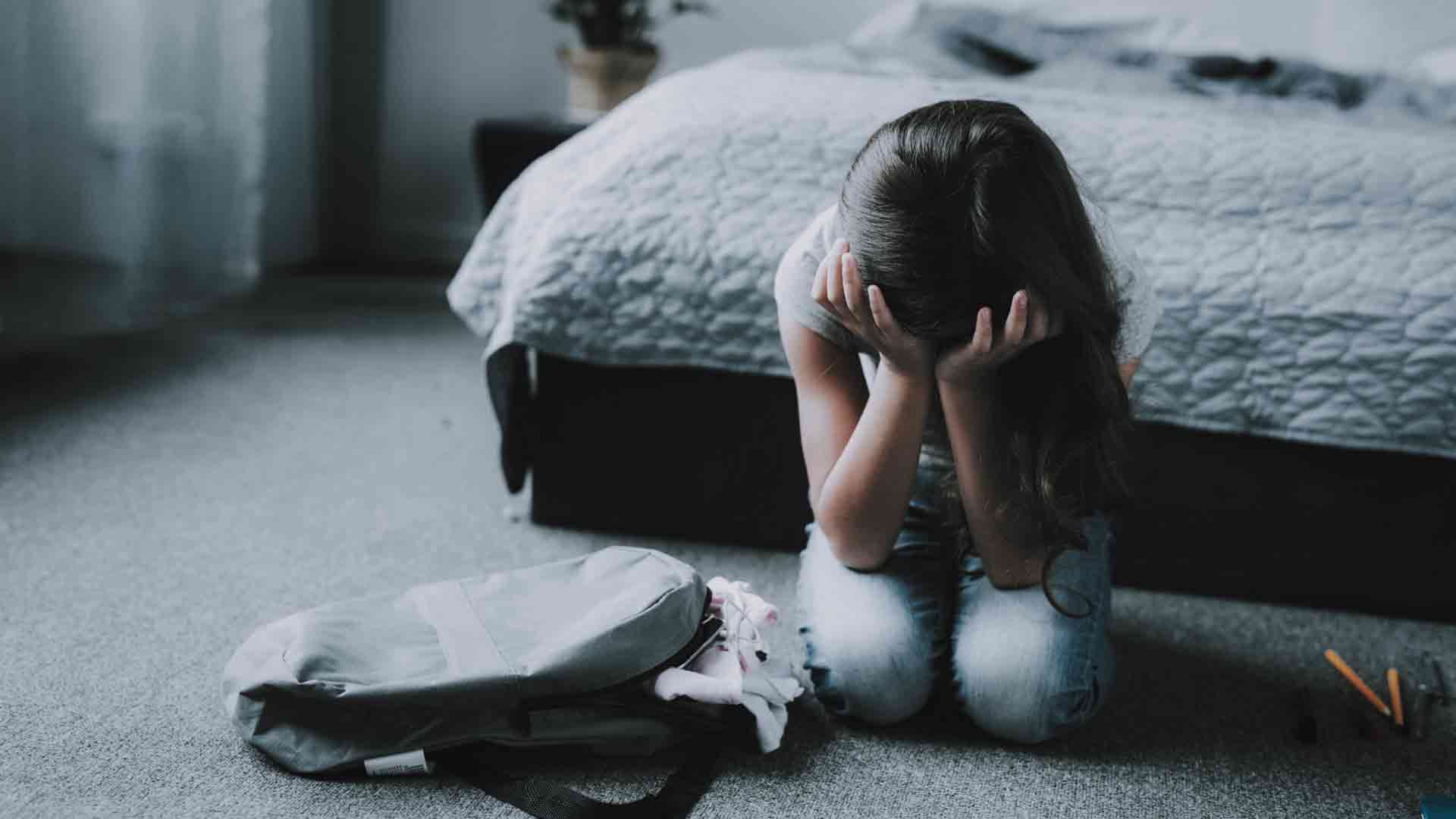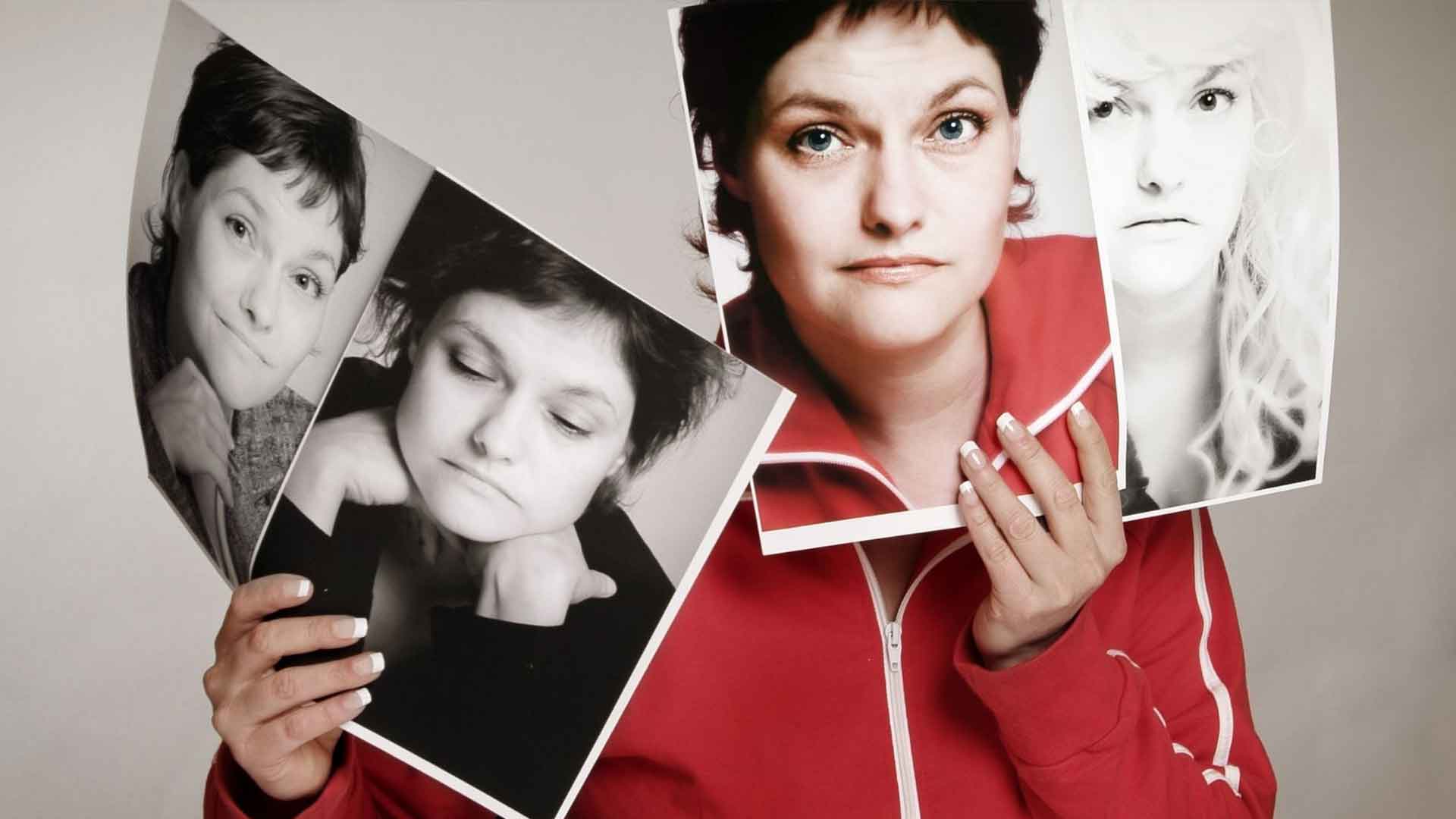“Is it possible that what I just did or said to my child had more to do with my needs, my fears, and my upbringing, than what is really in their best interest?” How a parent interacts with their child can have a lifelong impact extending far beyond childhood. While we would like to think that our impact is always positive, the reality is that sometimes it can have negative side effects. This is where ACEs come in. So, what are they? ACEs Adverse Childhood Experiences, or ACEs, categorize childhood trauma into 3 areas: abuse, neglect, and household dysfunction. The results of these unhealthy interactions can show up down the road in mental health struggles, unstable attachment styles, and low self-esteem. But what does “unhealthy” actually mean? Well, the short answer is this: it depends. Each individual experiences different situations in their childhood, adolescence, and in adulthood. This graphic, from the ACEs Facebook page, does a really good job of identifying some key ways that parents damage their relationships with their children. But, why? Now that we’ve identified the “what”, it is natural to wonder “why”. Many times, childhood trauma is a pattern repeating itself from the generation(s) before. This includes untreated mental illness, abuse, and more. Additionally, people may not have had appropriate role models to demonstrate what it looks like to meet physical and emotional needs of those dependent on them. “Well, my parents didn’t tell me they loved me and I turned out just fine.” While that may be true, think of all the untapped potential within you as a result of that. The answer to that “why” question is something we might never know. Lack of answers often come from our parents not having the awareness. Perhaps they aren’t aware that they did anything was wrong or unhealthy. And if they do have the awareness, they are unsure of healthier alternatives. People often resort to things they have learned. This is why it’s so easy for things to be transferred generationally. It may seem like I am making excuses for parents who do not meet the needs of a child, but that is not my intention. When the cycle is broken, those responsible should be held accountable for their actions, or lack thereof. That accountability can come in the form of conversations, boundaries, separation or distance. Negative Impacts Now, let’s circle back around to the negative effects that I keep talking about. ACEs can result in things that become our core beliefs. In other words, what we truly think and feel about ourselves. These are likely to show up during adolescent and adult years. Though this list is not all encompassing, here are a few examples of those beliefs: Feeling like you don’t belong Struggling to trust people Thinking that people will leave you Having big emotional reactions to (seemingly) small things Feeling not good enough Thinking that romantic relationships are always really hard work Struggling to say no Feeling angry about the past Struggling with
